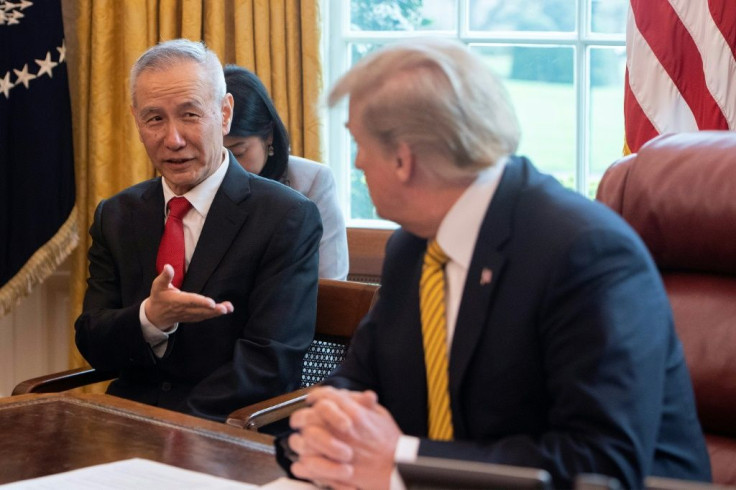US-China Trade Deal Fallout To Be 'Worse' Than World War, Kissinger Says

Henry Kissinger, former U.S. Secretary of State has warned that the consequences from the growing wedge in the economic ties between the U.S. and China could pose bigger risks including a world war.
Noting that “we are still in the foothills of a Cold War," Kissinger said escalating trade tensions could endanger America’s global clout, and added: “If conflict is permitted to develop unconstrained, the outcome could be even worse than it was in Europe,” in an oblique reference to the perils of World War I.
Kissinger was speaking at Bloomberg New Economy Forum in Beijing on Thursday, per CNBC.
Trade deal must expand into political discussions
Significantly, the 96-year old veteran’s remarks came when the U.S. and China are negotiating to reach a trade agreement.
The Fox news report said Kissinger noted how the World War I broke out from a relatively minor crisis. Today the weapons are more powerful, he cautioned.
“Everybody knows that trade negotiations, which I hope will succeed and whose success I support, can only be a small beginning to a political discussion that I hope will take place,” Kissinger added.
President Donald Trump slapped punitive tariffs on Chinese exports some 18 months ago, citing unfair trade and technology by Beijing. Since then, both sides have placed tariffs on billions of dollars’ worth of each other’s exports, hurting farmers and manufacturers.
Trump’s new set of tariffs is due from Dec. 15 on $160 billion of Chinese exports to the U.S. and will cover consumer goods and electronics items such as smartphones and laptops.
Kissinger said his view is that Chinese leaders’ vision of national development is not antithetical to the U.S., as it is more about making China strong.
A cosmetic trade deal will not help
Meanwhile, reports said hopes of an interim trade deal between the U.S and China are still bright. President Xi Jinping said on Friday that he favors an agreement that is based on “mutual respect and equality.”
However, some trade experts cautioned that a cosmetic deal will not make a big difference in the ground reality related to the trade tensions.
“When I look at the substance of that phase one deal, it looks like we're just climbing out of a hole we dug ourselves,” noted Anja Manuel, a partner at international consulting firm RiceHadleyGates.
The CNN report quoting Manuel said agreements in the deal to roll back some tariffs and resumption of trading in agricultural products “don't move the needle.”
She said until meaningful progress is made companies will “hunker down” and invest less and that will be like “applying brakes on the global economy.”
Meanwhile, former Clinton-era trade negotiator Charlene Barshefsky accused Beijing of having shifted “from decades of market-opening and reform to mercantilism.”
© Copyright IBTimes 2025. All rights reserved.




















